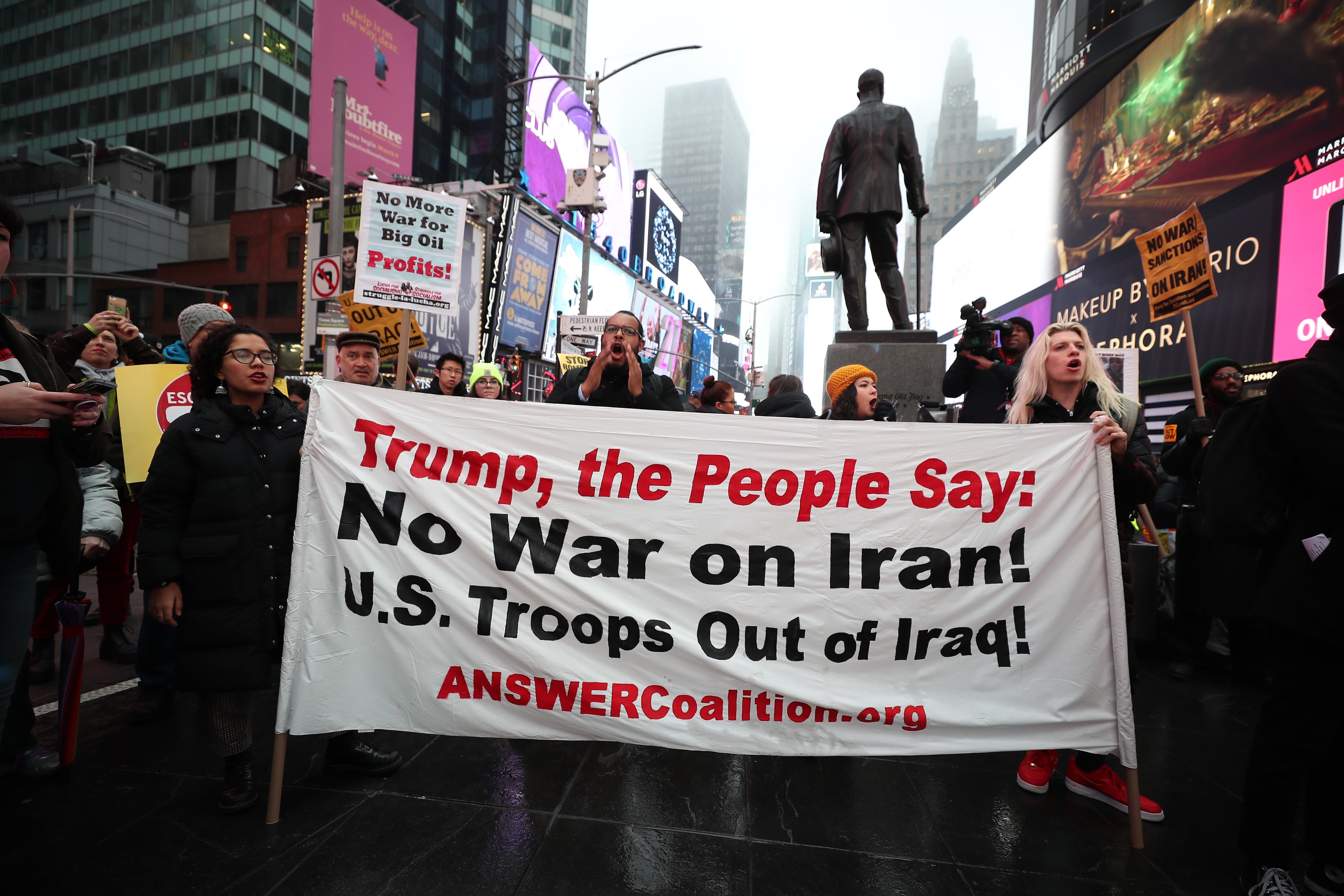Webauthoritarian repression can suppress dissent. But it can also backfire and lead to greater opposition. Studies of repression and opposition have yielded contradictory results. On the one hand, some research suggests that. Weblewis lapham criticizes the suppression of dissenting voices in the aftermath of september 11th and the complicity of the media in manipulating public opinion on the war against iraq. Webthe constitution of india guarantees fundamental rights, such as the freedom of speech and expression and the right to dissent, which form the basis of a vibrant democracy. The suppression of dissent is a serious concern, as it threatens these fundamental rights and weakens the foundation of democracy. Webdemonstrations, in other words, at best perform expressive work, enabling protestors to communicate outrage and voice dissent; At worst, they operate as a pressure valve that ultimately shores up the status quo, substituting the hard work of social transformation with the purely affective pleasures of collective outcry. Webthe presstitutes assault on freedom of speech silencing dissent for power. Craigslist, a online classifieds platform, has fundamentally transformed the way people connect with their local areas. Beginning as a straightforward email list in san francisco, the site has evolved into a global phenomenon, connecting millions daily. Webwith data on dissent and repression and find that dissent fails to have a significant effect on responsive repression in states that engage in preventive repression. What is the effect of mobilized dissent on government repression? Scholarly consensus suggests authorities repress to control dis Websome research suggests that repression reduces popular resistance while others show that it creates backlash and more dissent. In this article, we present an informational theory of repression to account for such divergent findings. Webit documents examples of the ways in which vague or overbroad laws are used to stifle political dissent, harass journalists, restrict activities by nongovernmental organizations, arbitrarily. Webgovernments use political repression to govern domestic dissent, trying to defend established patterns of power and authority. Repression, thus, is a means to an end and the decision to either repress or adapt goes straight to the heart of every political, social, and economic transformation.
